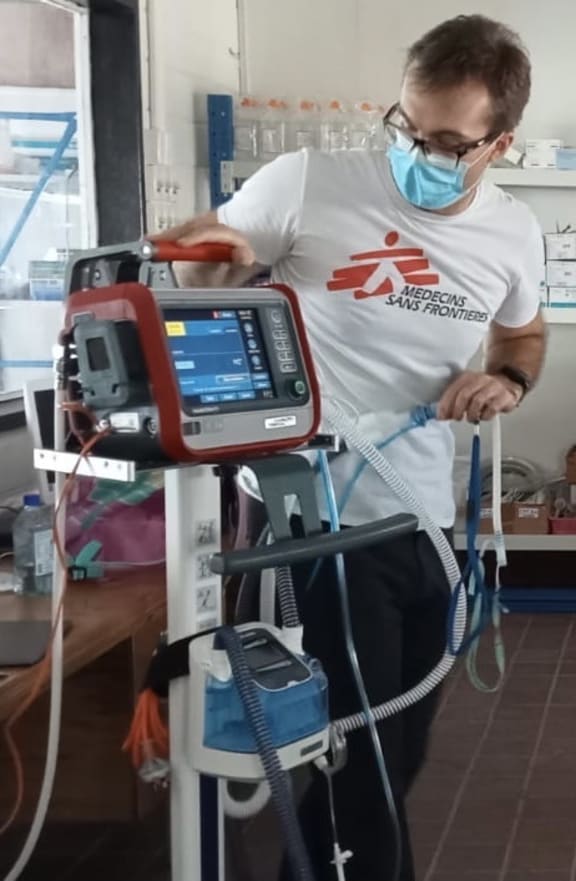Médecins Sans Frontières or Doctors Without Borders (MSF) has started providing medical humanitarian assistance in Kiribati, as climate change exacerbates health risks in the country.
On 19 October, 2022, MSF signed a memorandum of understanding with Kiribati to provide medical care focusing on maternal and neonatal health.
Speaking at MSF’s Sydney office, Kiribati Minister for Health and Medical Services, Dr Tinte Itinteang, said, “This agreement marks an incredible milestone in the partnership between MSF and Kiribati. We are looking forward to a fruitful collaboration to improve health outcomes for people in Kiribati, who face many challenges to their health, including the impacts of climate change.”
MSF’s first-ever project on Kiribati will provide assistance on the main island of Tarawa, as well as remote outer islands, aiming to: support primary healthcare capacity with a focus on maternal and neonatal health and non-communicable diseases (NCDs) in pregnancy, contribute to improved secondary care with infrastructure improvements (sustainable energy, water, waste management) and contribute to improved neonatal outcomes through training and clinical support.
Seventy-five per cent of deaths in the Pacific region are due to NCDs, and this group of illnesses is recognised as the leading cause of health problems in Kiribati.
Diabetes and hypertension, in particular, have a significant impact on the population and likely contribute to high rates of infant mortality.
Kiribati has one of the highest rates of neonatal mortality in the region and amongst the poorest health outcomes for newborn babies in the world (39 deaths per 1,000 live births, compared to three in Australia)
With its unique geography – the highest point in Kiribati is just three metres above sea level – climate change is exacerbating existing health problems, in what’s known as a ‘multiplier effect’.
Rising sea levels, increasing salination of soil and water, coastal erosion, changing biodiversity, increasingly frequent ‘king tides’, food insecurity and drought are severely impacting the environment – and subsequently the health of the people of Kiribati.
Head of the project for MSF, Fabio Forgione says, “The health consequences of the climate emergency are very clear. We expect the impacts to become worse, which will result in much higher humanitarian needs than we are responding to today. Populations in the Pacific islands will be most vulnerable.
“Our work in Kiribati will initially focus on supporting maternal and neonatal health in the context of NCDs in the capital, South Tarawa and in the Southern Gilbert Islands, such as Tabiteuea North. We will be working to detect and manage NCDs and improve care for pregnant women, and babies in the first 24 hours of life. We are delighted to have this opportunity to support the Kiribati Ministry of Health and Medical Services in addressing important health needs in the Republic of Kiribati.
SOURCE: MSF/PACNEWS













